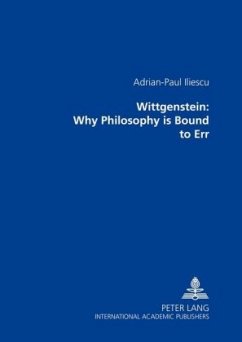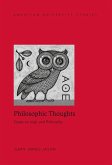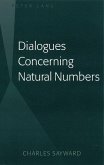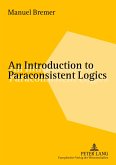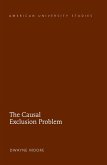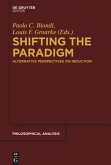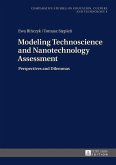Contrary to the dominant view among philosophers and Chomskyean linguists, who take Wittgenstein's metaphilosophy as eccentric and not really serious, the author claims that Wittgenstein provided compelling arguments for his later theses that nothing is hidden, there is nothing to discover, there is nothing to explain, and there is nothing to reconstruct . By detecting the invisible links between many of his apparently unrelated aphorisms, the author argues that his premises really lead to such radical conclusions, provided that the current scientist prejudices are abandoned. His view proves to be as deeply coherent, as it is deeply rooted in the German tradition of critique of language.
Bitte wählen Sie Ihr Anliegen aus.
Rechnungen
Retourenschein anfordern
Bestellstatus
Storno

